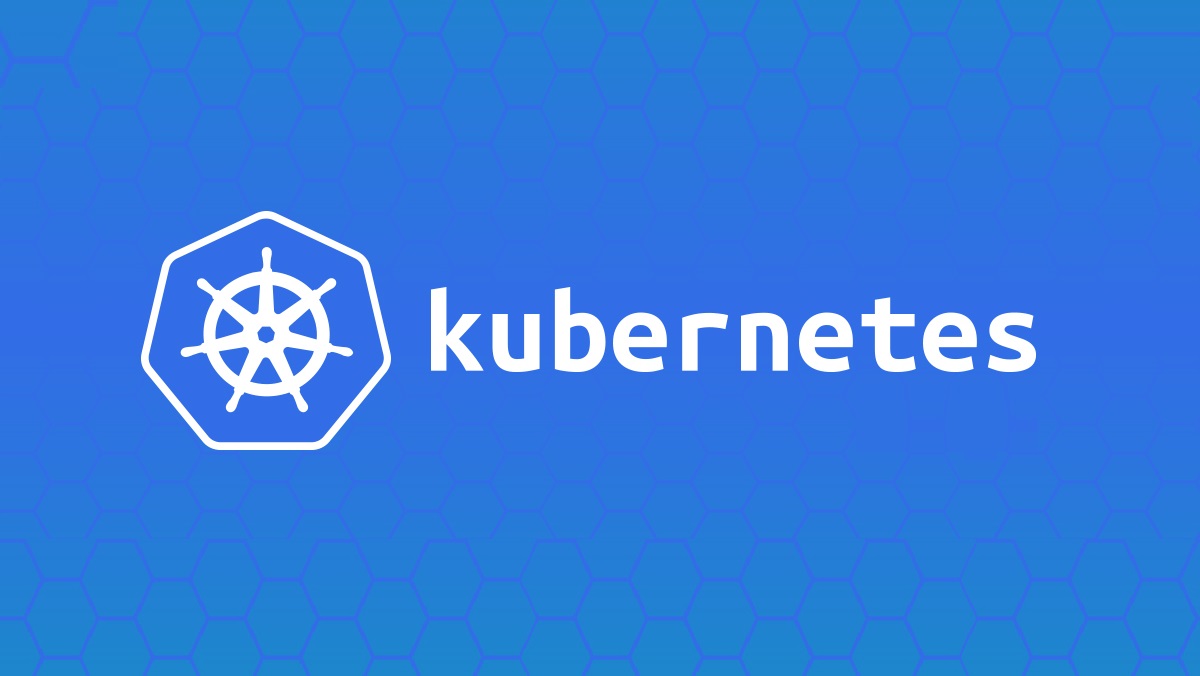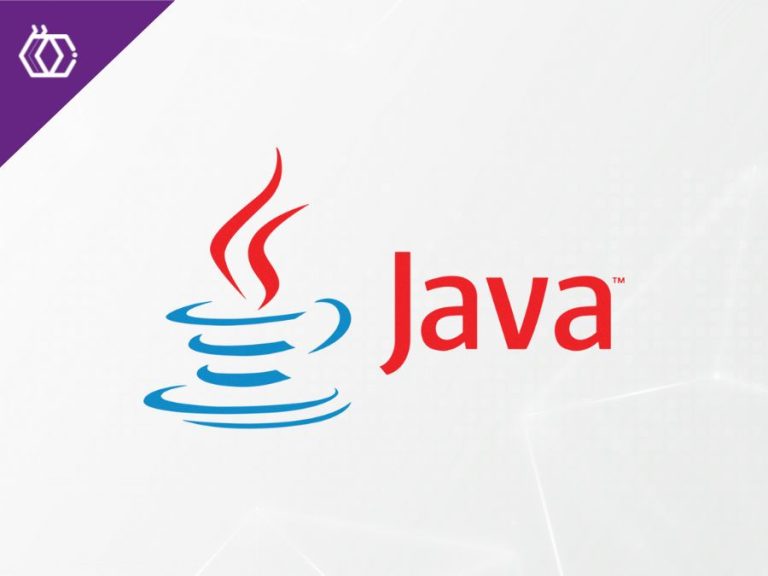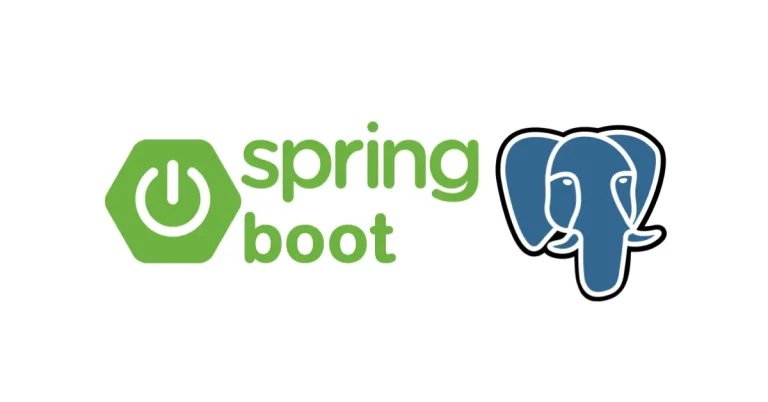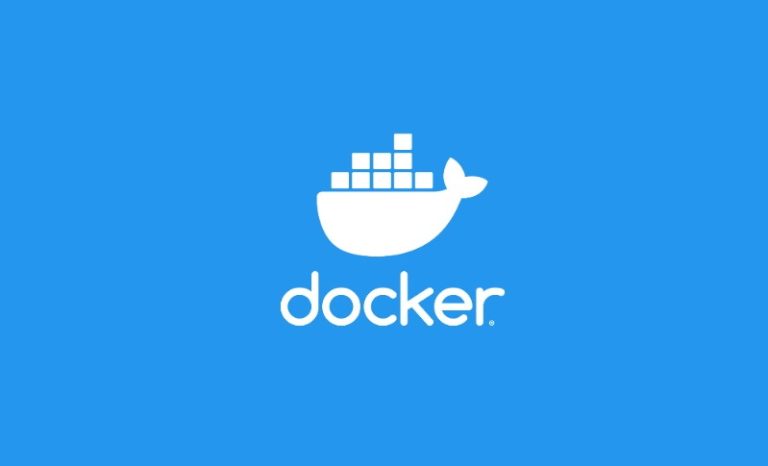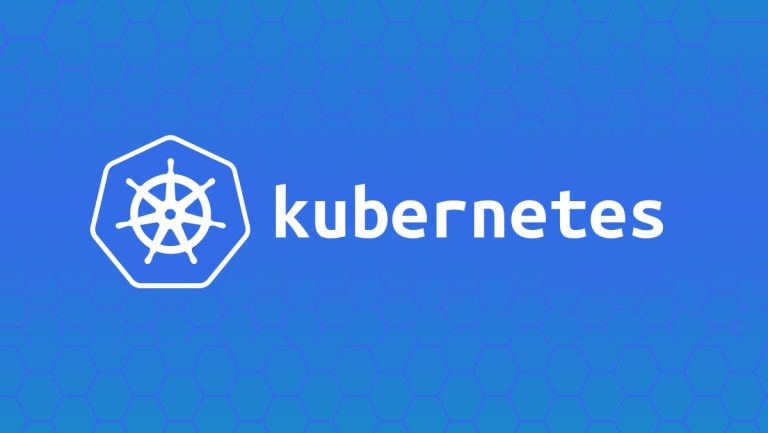Best Websites & Blogs to Learn Kubernetes Step by Step (2025)
Kubernetes, commonly referred to as K8s, has become the backbone of modern application deployment. It simplifies managing containerized applications in complex infrastructures, making it indispensable for developers and IT professionals. Whether you’re orchestrating microservices, automating deployments, or managing clusters in the cloud, Kubernetes is the key to scalability and efficiency.
With so much demand for Kubernetes expertise, now is the perfect time to learn this innovative platform step by step. This blog features the best websites and blogs to learn Kubernetes in 2025. These resources cover everything from beginner tutorials to advanced techniques, serving as trusted guides for both novices and experienced professionals.
Table of Contents
- Tips for Using Websites and Blogs to Master Kubernetes
- Summary
- FAQs About Learning Kubernetes Online
1. Introduction to Kubernetes and Its Importance
Kubernetes automates containerized application deployment, scaling, and management. It eliminates the manual overhead of orchestrating containers, improving developer productivity and operational efficiency. Supported by the Cloud Native Computing Foundation (CNCF), Kubernetes has become a must-have skill in modern technology stacks.
Why Should You Learn Kubernetes?
- Cloud-Native Development: Kubernetes powers cloud platforms like AWS, GCP, and Azure.
- Career Advancement: With Kubernetes expertise, you can unlock lucrative opportunities in DevOps, cloud engineering, and software architecture.
- Scalability and Automation: Kubernetes ensures seamless scalability through features like auto-scaling, load balancing, and rolling updates.
Whether you’re entering DevOps or looking to enhance your technical skill set, Kubernetes is a platform worth mastering.
2. Best Websites & Blogs to Learn Kubernetes
Explore these carefully curated resources for step-by-step Kubernetes learning. Each offers unique insights, tutorials, and hands-on guides tailored for beginner, intermediate, and advanced learners.
1. Kubernetes Official Documentation
Why It’s Great:
The official Kubernetes documentation is the go-to resource for learning Kubernetes from scratch. It provides detailed step-by-step guides on core concepts, including Pods, Deployments, and Services.
What It Covers:
- Kubernetes setup on various platforms
- Tutorials on application scaling and networking
- Advanced features like Helm and Custom Resource Definitions (CRDs)
Why We Recommend It:
With comprehensive coverage and frequent updates, the documentation is perfect for beginners and advanced learners alike.
Website: Kubernetes Documentation
2. Kubernetes Blog
Why It’s Great:
The Kubernetes Blog, managed by its contributors, offers insights into the latest features, best practices, and use cases.
What It Covers:
- Deep dives into Kubernetes releases
- Tutorials on K8s tools like kubectl and kubeadm
- Real-world implementation stories
Why We Recommend It:
This blog is ideal for staying updated with cutting-edge Kubernetes developments.
Website: Kubernetes Blog
3. CNCF Blog
Why It’s Great:
The Cloud Native Computing Foundation blog provides authoritative resources on Kubernetes and related tools in the cloud-native ecosystem.
What It Covers:
- Best practices for cloud-native deployments
- Integration guides for Kubernetes tools
- Webinars and case studies
Why We Recommend It:
The CNCF Blog helps readers understand Kubernetes in the broader context of cloud infrastructure.
Website: CNCF Blog
4. KodeKloud Blog
Why It’s Great:
KodeKloud simplifies Kubernetes for beginners by offering structured guides paired with interactive labs.
What It Covers:
- Kubernetes basics like Pods and ConfigMaps
- Tutorials on Kubernetes networking and security
- Certification tips for CKA and CKAD exams
Why We Recommend It:
Its hands-on approach makes complex topics easier to grasp.
Website: KodeKloud Blog
5. DigitalOcean Community Tutorials
Why It’s Great:
DigitalOcean’s Kubernetes tutorials are practical, concise, and beginner-friendly.
What It Covers:
- Guides for deploying applications on Kubernetes
- Tutorials on setting up local clusters with Minikube
- Kubernetes on DigitalOcean’s managed platform
Why We Recommend It:
These tutorials are solution-focused and perfect for practical learners.
Website: DigitalOcean Community Tutorials
6. Learnk8s
Why It’s Great:
Learnk8s specializes in Kubernetes performance, debugging, and optimization.
What It Covers:
- Tutorials on advanced Kubernetes concepts
- Guides for scaling and troubleshooting k8s clusters
- Tool recommendations for Kubernetes management
Why We Recommend It:
The in-depth content and performance-focused articles make it a treasure trove for professionals.
Website: Learnk8s
7. Dev.to Kubernetes Tag
Why It’s Great:
Dev.to aggregates blog posts by Kubernetes enthusiasts, offering a mix of beginner guides and expert insights.
What It Covers:
- Real-world Kubernetes problems and solutions
- Beginner-friendly tutorials
- Deep dives into Kubernetes extensions
Why We Recommend It:
It’s a community-driven blog with diverse perspectives and solutions.
Website: Dev.to Kubernetes Tag
8. Medium Kubernetes Tag
Why It’s Great:
Medium hosts blogs from experienced engineers sharing Kubernetes tips, use cases, and industry trends.
What It Covers:
- Debugging Kubernetes environments
- Industry use cases and Kubernetes success stories
- Practical guides for building Kubernetes clusters
Why We Recommend It:
It’s perfect for gaining insights from professionals actively working in the field.
Website: Medium Kubernetes Tag
9. Red Hat Kubernetes Blog
Why It’s Great:
Red Hat is a leader in enterprise Kubernetes solutions. Their blog blends technical expertise with practical application advice.
What It Covers:
- Tutorials for Kubernetes on OpenShift
- Enterprise best practices
- Security and compliance strategies
Why We Recommend It:
It’s tailored for those managing Kubernetes in enterprise settings.
Website: Red Hat Kubernetes Blog
10. Rancher Blog
Why It’s Great:
Rancher, a Kubernetes management platform, offers in-depth Kubernetes tutorials and guides.
What It Covers:
- Guides for multi-cluster Kubernetes management
- Tutorials on edge computing with Kubernetes
- CI/CD pipeline implementation
Why We Recommend It:
Its multi-cluster use-case guides make it ideal for advanced learners.
Website: Rancher Blog
3. Tips for Using Websites and Blogs to Master Kubernetes
- Start with Basics: Begin with Kubernetes fundamentals before moving on to advanced concepts.
- Follow Structured Paths: Many blogs suggest step-by-step learning sequences; stick to them for consistent progress.
- Practice Regularly: Use Minikube or cloud trial accounts to experiment with Kubernetes projects.
- Subscribe to Updates: Subscribe to these blogs for regular updates about Kubernetes advancements.
4. Summary
These websites and blogs are treasure troves for learning Kubernetes. From beginner-friendly tutorials to advanced optimization guides, they offer everything you need to build expertise. Start with official documentation and blogs like Learnk8s for structured guidance, and complement your learning with community-driven content on Medium and Dev.to. By leveraging these resources, you can confidently master Kubernetes step by step in 2025.
5. FAQs About Learning Kubernetes Online
1. Can I learn Kubernetes for free?
Absolutely! The resources listed above, from Kubernetes documentation to blogs like Dev.to, are completely free.
2. Should I know Docker before learning Kubernetes?
Yes, understanding Docker is beneficial since Kubernetes orchestrates Docker containers.
3. How long does it take to learn Kubernetes?
You can learn the basics of Kubernetes in 2-4 weeks with daily practice. Mastery requires dedicated time and real-world experience.
4. Are Kubernetes certifications necessary?
Certifications like CKA (Certified Kubernetes Administrator) validate your knowledge and improve job prospects.
Dive into these resources today and take the first step toward becoming a Kubernetes expert!
